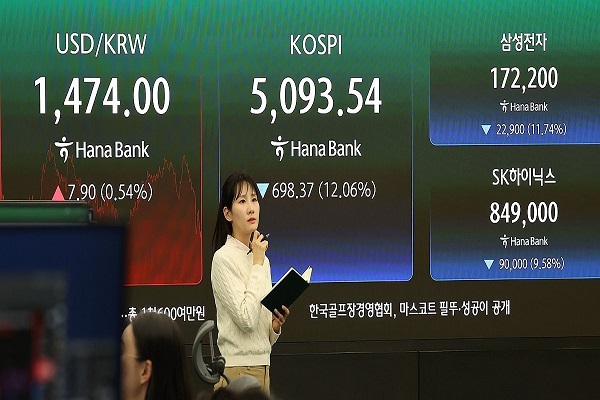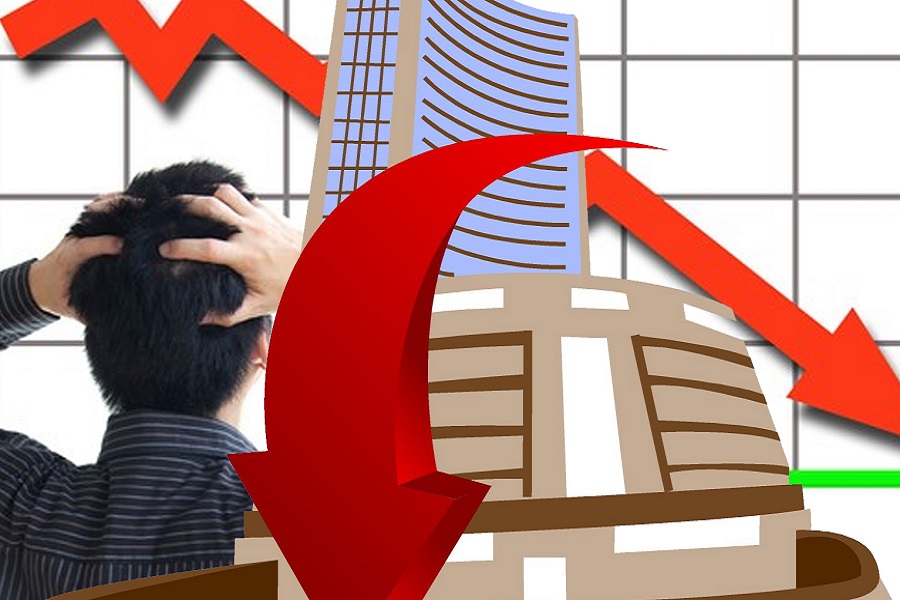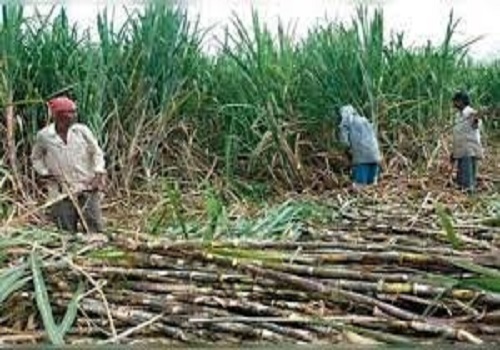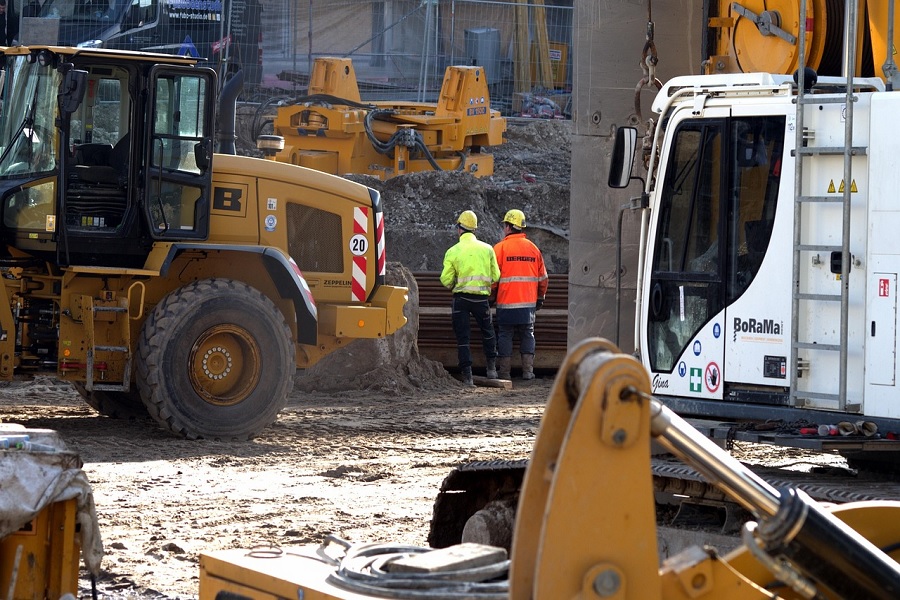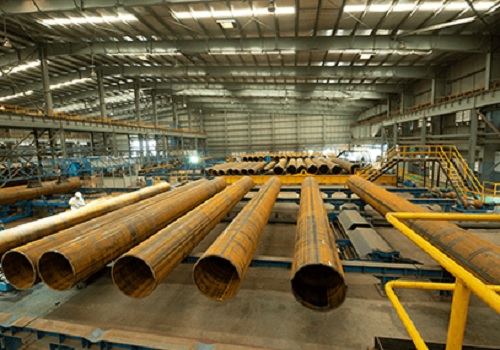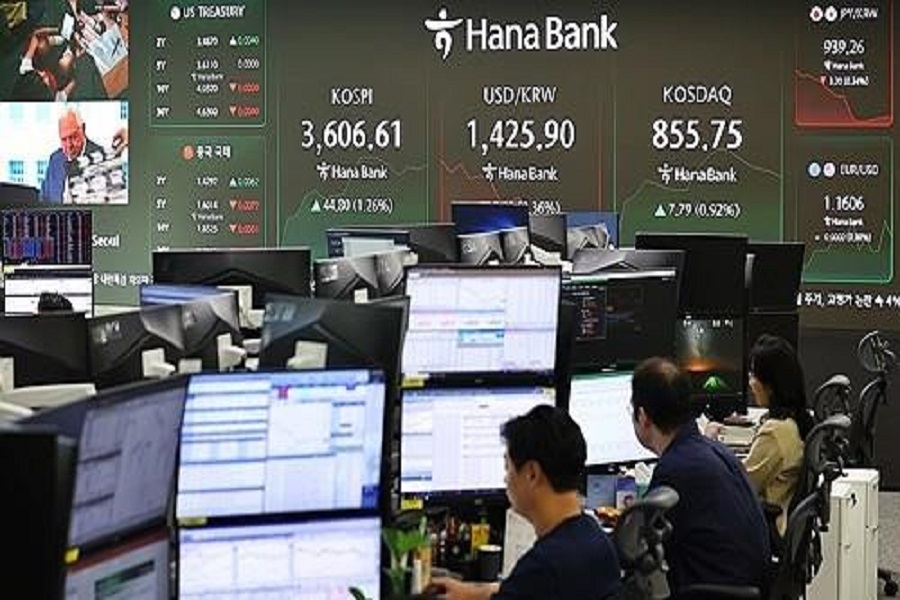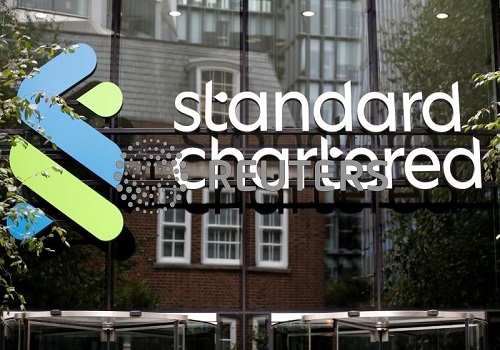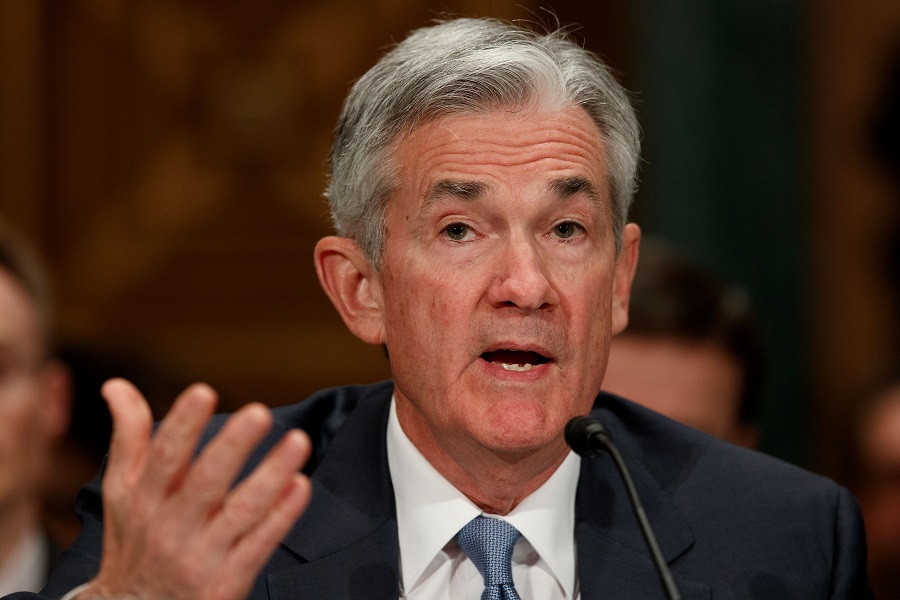BOK warns South Korean economy mirrors Japan`s, urges structural reforms

The South Korean economy is showing increasing similarities to Japan's past stagnation, and bold structural reforms, along with innovation, are needed to prevent prolonged low growth, the central bank said on Thursday.
In its latest research report, the Bank of Korea (BOK) said South Korea "is following in Japan's footsteps in many areas," pointing to mounting private-sector debt as one of the major concerns.
In 2023, Korea's private-sector debt reached 207.4 percent of the gross domestic product (GDP), nearing Japan's peak level of 214.2 percent during its asset bubble period in 1994, reports Yonhap news agency.
After Japan's bubble burst, asset-linked debt destabilised the banking sector and led to distorted capital allocation, with funds flowing into such low-productivity sectors as real estate and "zombie" firms.
"Debt levels must be tightly controlled through precise macroprudential regulation, stronger coordination with monetary policy, sustained efforts to manage household debt and swift, decisive corporate restructuring," the report stated.
South Korea and Japan also share similar demographic challenges, including low birth rates and rapid population aging, the BOK said.
Japan began experiencing declining birth rates and accelerated aging around the time of its asset bubble collapse, which led to reduced labor input, a fall in potential growth and downward pressure on prices due to prolonged low growth.
In South Korea, the total population began declining in 2020, with the demographic shift occurring earlier and more rapidly than in Japan, according to the BOK.
"To address these challenges, it is essential to expand the labor force both quantitatively and qualitatively by increasing participation from those currently outside the labor market and strengthening innovation-driven education and training," the BOK said.
"It is also required to develop a more systematic and sustainable approach to utilizing foreign labor while continuing efforts to gradually raise the birth rate," it added.
South Korea's total fertility rate, which represents the average number of children a woman is expected to have over her lifetime, stood at 0.75 in 2024, far below the replacement level of 2.1 needed to sustain the population without immigration.
As of December 2024, South Korea had officially entered a "super-aged" society, with over 20 percent of its population aged 65 and older.
The BOK has warned that the current ultra-low birth rate could cause the country to record negative economic growth after 2050.
"In order to revitalise our economy, we must draw lessons from Japan's past and carry out structural innovation and creative destruction to overhaul our aging economic framework, which is outdated relative to the level of development," the BOK said.
